When choosing windows for your home, vinyl, 유리섬유, and aluminum are popular materials.
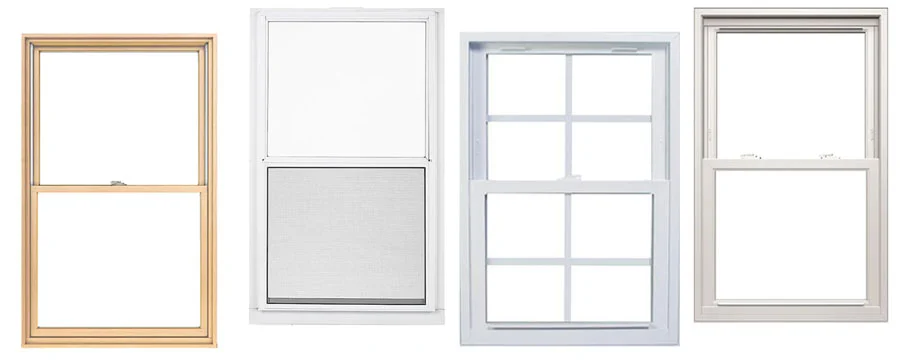
Each offers unique benefits depending on budget, climate, and performance needs.
This guide explores the pros, cons, and key comparison factors to help you make an informed decision.
알루미늄 창문
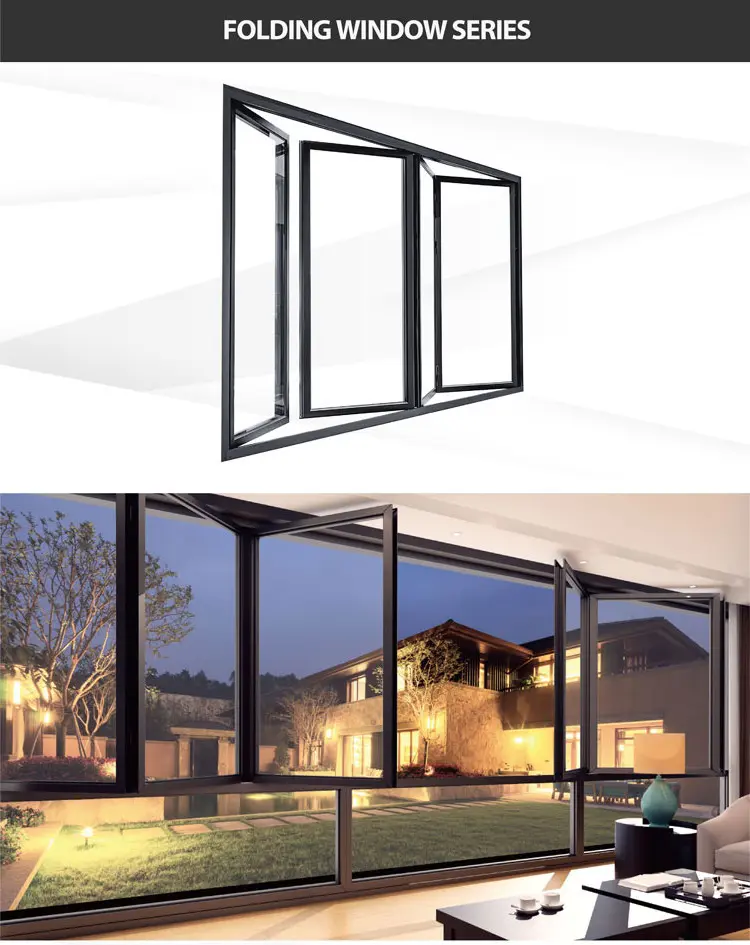
알루미늄 창문 are known for their strength and durability. They are rust-resistant and can withstand harsh weather conditions.
Aluminum frames allow for narrow sightlines and expansive glass, providing excellent views.
However, they are less energy-efficient than fiberglass and vinyl unless they feature a thermal break.
장점:
튼튼하고 내구성이 좋다
Rust-resistant
Allows for narrow frames and expansive glass
단점:
Less energy-efficient
Prone to condensation
비닐에 비해 비용이 더 많이 든다
Vinyl Windows

Vinyl windows are the most cost-effective choice among window materials.
They offer great energy efficiency, helping to reduce heating and cooling costs.
Additionally, they are low maintenance and available in various styles and colors, including options that mimic wood.
장점:
Affordable
Energy-efficient
유지 관리가 간편함
Versatile design options
단점:
May warp under extreme temperatures
Limited customization for larger openings
Less suitable for extreme climates
Fiberglass Windows

Fiberglass windows are known for their durability and ability to withstand extreme temperatures without warping or cracking.
They provide excellent insulation and are more energy-efficient than 알류미늄.
With a long lifespan and paintable surface, fiberglass windows offer versatile design options.
장점:
Highly durable
Energy-efficient
Long lifespan (50+ years)
Paintable for customization
단점:
Higher upfront cost
Requires professional installation
Fewer design options compared to vinyl
주요 요인
비용

Vinyl windows are the most budget-friendly option, making them a popular choice for homeowners.
Fiberglass offers better value in terms of durability and energy efficiency, though it comes at a higher price.
Aluminum tends to be the priciest but excels in strength and durability, especially in harsh environments.
내구성

Vinyl windows are less durable in extreme temperatures, which can lead to warping or cracking.
Fiberglass windows are highly durable, resisting decay, insects, and corrosion.
Aluminum windows, while very strong, can corrode in coastal or humid climates if not maintained properly.
에너지 효율성

Vinyl windows provide good insulation but may not perform as well in regions with extreme climates.
Fiberglass windows are the most energy-efficient, providing excellent thermal insulation.
Aluminum windows, although prone to heat loss, have newer models with thermal breaks that significantly improve energy efficiency.
미학 및 맞춤형
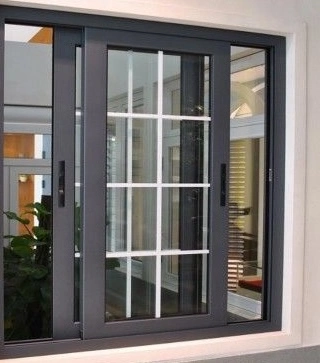
Vinyl windows come in various colors and styles, though they tend to be bulkier.
Fiberglass windows offer sleek designs and can be painted or customized to match your home’s decor.
Aluminum windows are known for their slim, modern frames, making them ideal for larger windows where maximizing glass area is desired.
결론

In summary, vinyl windows are budget-friendly and low maintenance, fiberglass offers durability and energy efficiency, and aluminum provides strength with modern aesthetics.
Each material has unique advantages, so choose based on your needs.
For the best results, consult with our experts to determine the right material for your home and ensure professional installation.
FAQs: Vinyl vs. Fiberglass vs. Aluminum Windows
1. Is fiberglass or aluminum better for windows?
Fiberglass offers better insulation, while aluminum balances aesthetics, durability, and energy efficiency.
2. Is a fiberglass window better than a vinyl window?
Fiberglass is stronger, more durable, and less likely to warp or crack compared to vinyl.
3. What is the difference between vinyl and fiberglass windows?
Fiberglass is stronger and more durable, while vinyl is cost-effective and energy-efficient.
4. What is the best material to use for windows?
Vinyl is best for affordability and energy efficiency; fiberglass is ideal for durability and strength.

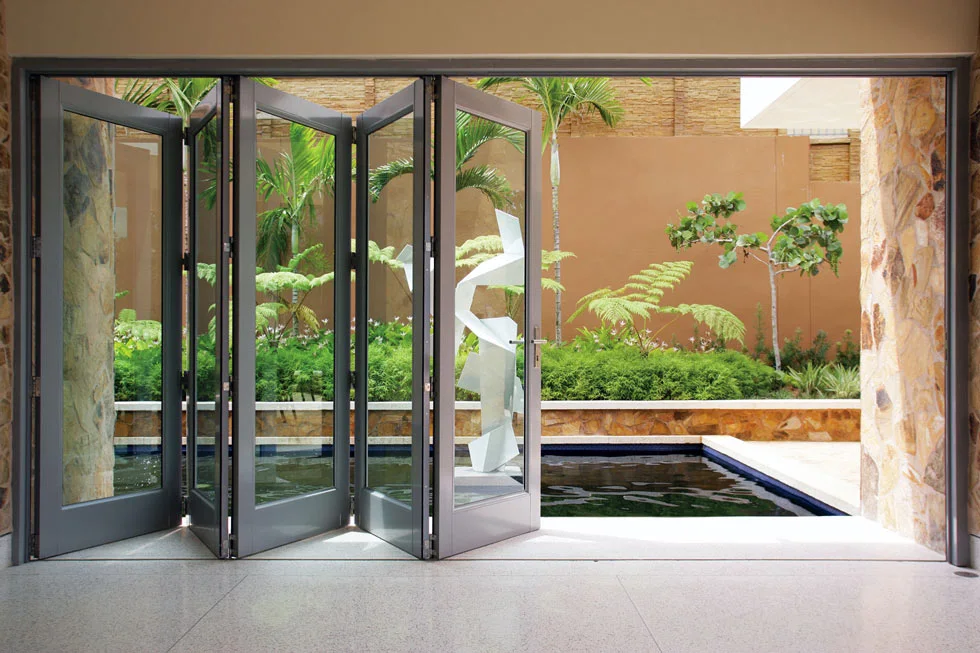
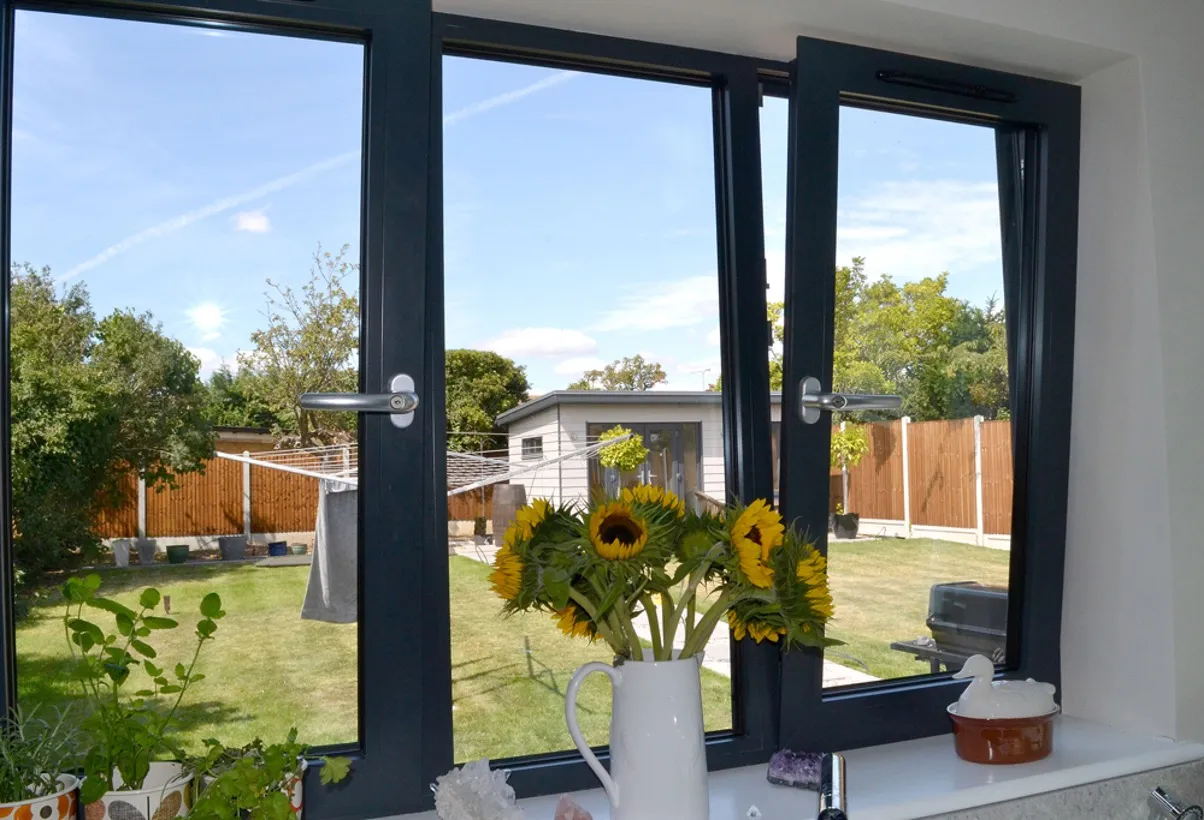
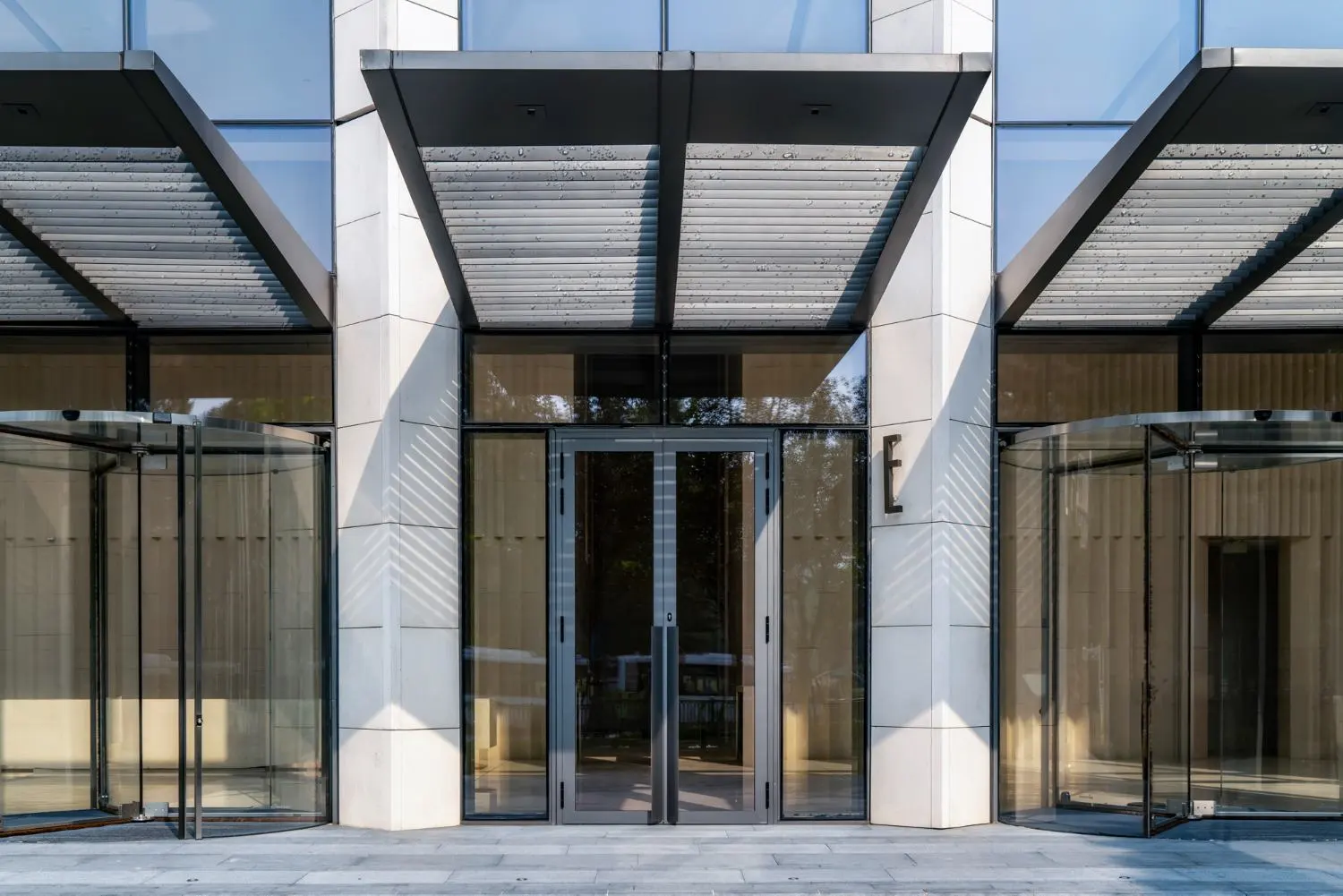


![gray door with silver handle sign that says no - Are Aluminum Doors Better Than Upvc? [11월 2025] - APRO 은색 손잡이가 달린 회색 문에 '아니요'라고 적혀 있음](https://aprowin.com/wp-content/uploads/2024/09/gray-door-with-silver-handle-sign-that-says-no-500x280.webp)
![거실에서 수영장 쪽을 바라보는 슬라이딩 유리문 - 문 비용은 얼마인가요? 문 설치 가이드 [2025] - APRO 거실에서 수영장 전망을 감상할 수 있는 슬라이딩 유리문](https://aprowin.com/wp-content/uploads/2024/11/Sliding-glass-doors-opening-to-a-poolside-view-in-a-living-room-500x328.webp)
![발코니로 이어지는 슬라이딩 유리문이 있는 거실 - 표준 문 크기: 주택 소유자를 위한 필수 가이드 [2025] - APRO 발코니로 이어지는 슬라이딩 유리문이 있는 거실](https://aprowin.com/wp-content/uploads/2024/11/Living-room-with-sliding-glass-doors-leading-to-a-balcony-500x333.webp)
![창문과 오버헤드 도어 메커니즘이 있는 두 개의 차고 도어 - 차고 도어 스프링 조정 방법: 간편 가이드 [2025] - APRO 창문과 오버헤드 도어 메커니즘이 있는 2개의 차고 도어](https://aprowin.com/wp-content/uploads/2025/02/Two-garage-doors-with-windows-and-overhead-door-mechanism-500x320.webp)
![슬라이딩 창틀에 설치되는 롤러 어셈블리 - 알루미늄 슬라이딩 도어의 롤러를 교체하는 방법 [2025] - APRO 슬라이딩 창틀에 설치되는 롤러 어셈블리](https://aprowin.com/wp-content/uploads/2025/01/Roller-assembly-being-installed-on-a-sliding-window-frame-500x489.webp)
![외부 블랙 알루미늄 바이폴드 도어 반쯤 열림 - 알루미늄 바이폴드 도어 조정 가이드 | 팁 [2025] - APRO 외부 검은색 알루미늄 접이식 도어 반쯤 열림](https://aprowin.com/wp-content/uploads/2025/01/Exterior-black-aluminum-bifold-doors-partially-open.webp)
